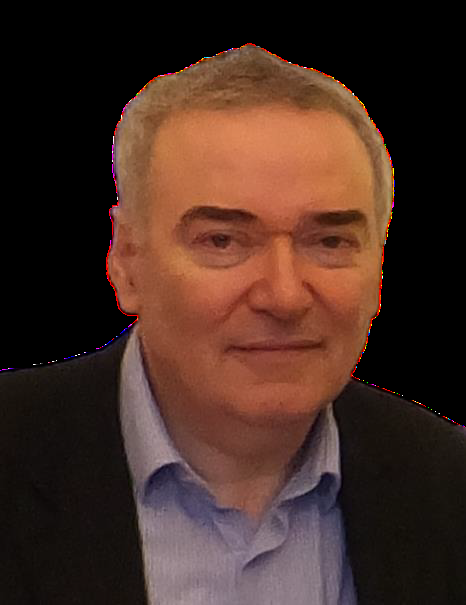The Waterford Archaeological and Historical Society 2022 – 2023 lecture series continues at 8 pm on Friday, January 27th in St Patrick’s Gateway Centre, Waterford (Eircode X91 YX61)
Our first lecture of the year will be delivered by Waterford native Dr Emmet O’Connor,
a senior lecturer in Ulster University who has published widely on labour history including, with Barry McLoughlin, In Spanish Trenches: The Mind and Deeds of the Irish Who Fought for the Republic in the Spanish Civil War (UCD Press, 2020), and Rotten Prod: The Unlikely Career of Dongaree Baird (UCD Press, 2022)On Saturday 19 December 1936, four Waterfordmen made their way to London’s Victoria Station and caught the boat train to Paris. Their true destination was the training base of the International Brigades at Albacete, 264 kilometres south east of Madrid. It was another step in the making of Waterford’s substantial connection with the Connolly Column, the name which has become a blanket term for the Irish who fought for the Spanish Republic. The four – Jackie Hunt, Peter O’Connor, Johnny Power, and Paddy Power – were followed to Spain by Billy Power, younger brother of Johnny and Paddy, Johnny Kelly, Harry Kennedy, Jackie Lemon, John O’Shea, and Mossie Quinlan. The eleventh man was Frank Edwards.
Conditions in the International Brigades were tough and often deadly, and the Waterford volunteers reflected the variety of experiences. One was killed. One deserted. Five were wounded, one on two occasions; a sixth was hospitalised from an illness contracted in battle; a seventh was stunned by a trench mortar. They returned to a changed Ireland, where economic prospects were bleak, and attitudeswere hostile. But the 1980s would bring new perspectives on the Spanish Civil War and the emergence of a politics of commemoration in which Waterford was prominent.



No comments:
Post a Comment